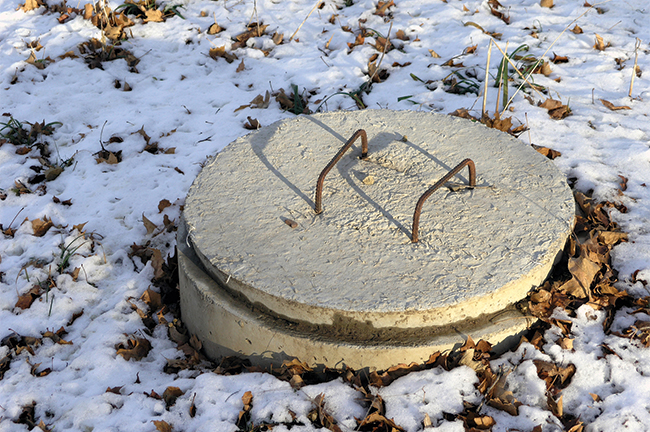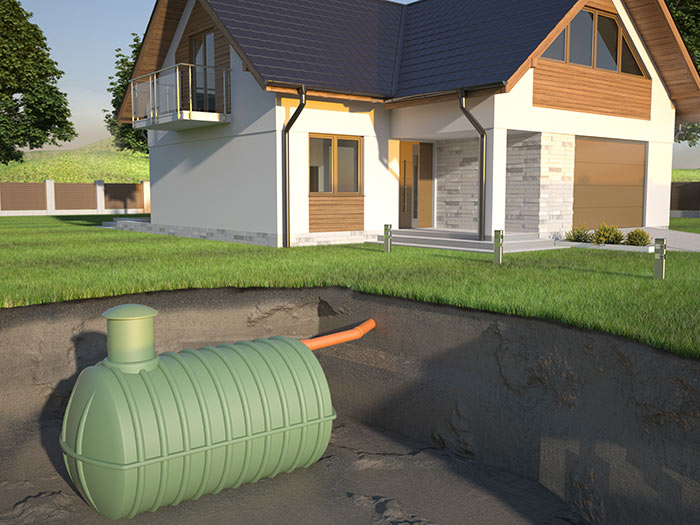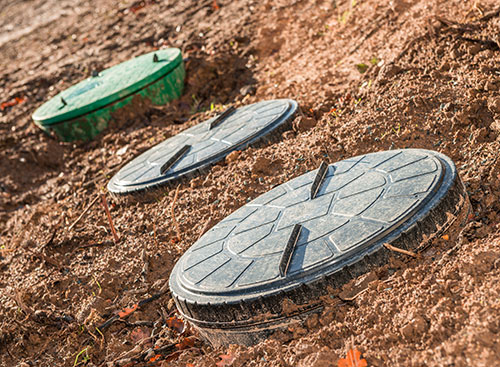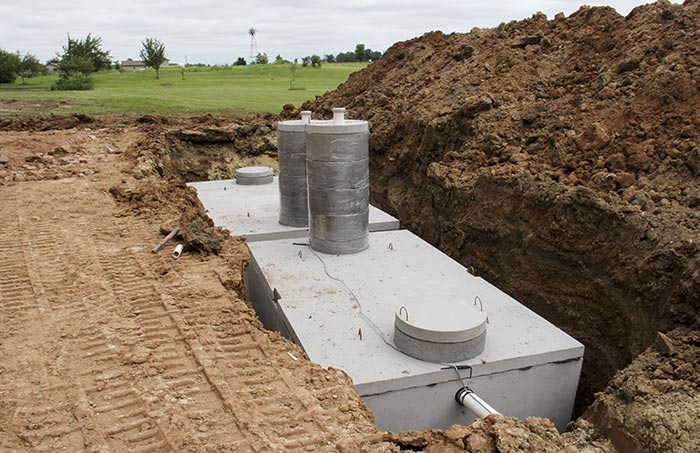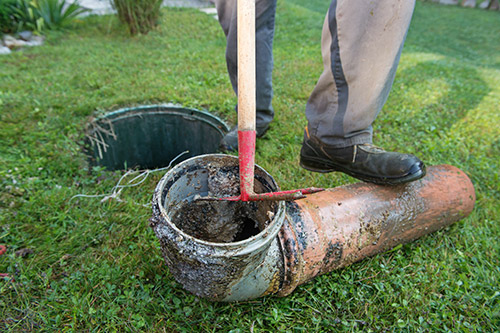
1. Foul Smells
Water drained from your sinks, washing machine, dishwashers, bathtubs, and toilets all go to your septic tank. A pipe or tank leak will not only form a pool around your drainage but also discharge unpleasant odors.
Septic tank systems excrete toxic gases such as carbon dioxide and hydrogen sulfide, which can be hazardous to your health. Prevent this by consulting septic tank maintenance experts to determine if your tank or its pipes have leaks.
2. Slow Drains
Items like food scraps and hair strands can clog your pipes and may result in slow drains. Sometimes, this problem can be resolved by using drain cleaning products.
However, if you notice that every drain in your house is simultaneously slow and accompanied by gurgling sounds, you may have a backup.
If pumping doesn’t work, then the pipes that flow to the tank are obstructed. Hire a septic tank maintenance expert, as they have the tools and equipment to detect and remove these blockages.
3. High Nitrate Levels
Leaks in your septic tank can flow to your groundwater and contaminate your well water. This will result in a high nitrate concentration and cause methemoglobinemia, or “blue baby” disease, a condition that prevents the blood from supplying the tissues in the body with oxygen. Have your well water tested regularly for the presence of high nitrate levels.
For more information, contact Morse Engineering and Construction.
Source: connect2local.com

